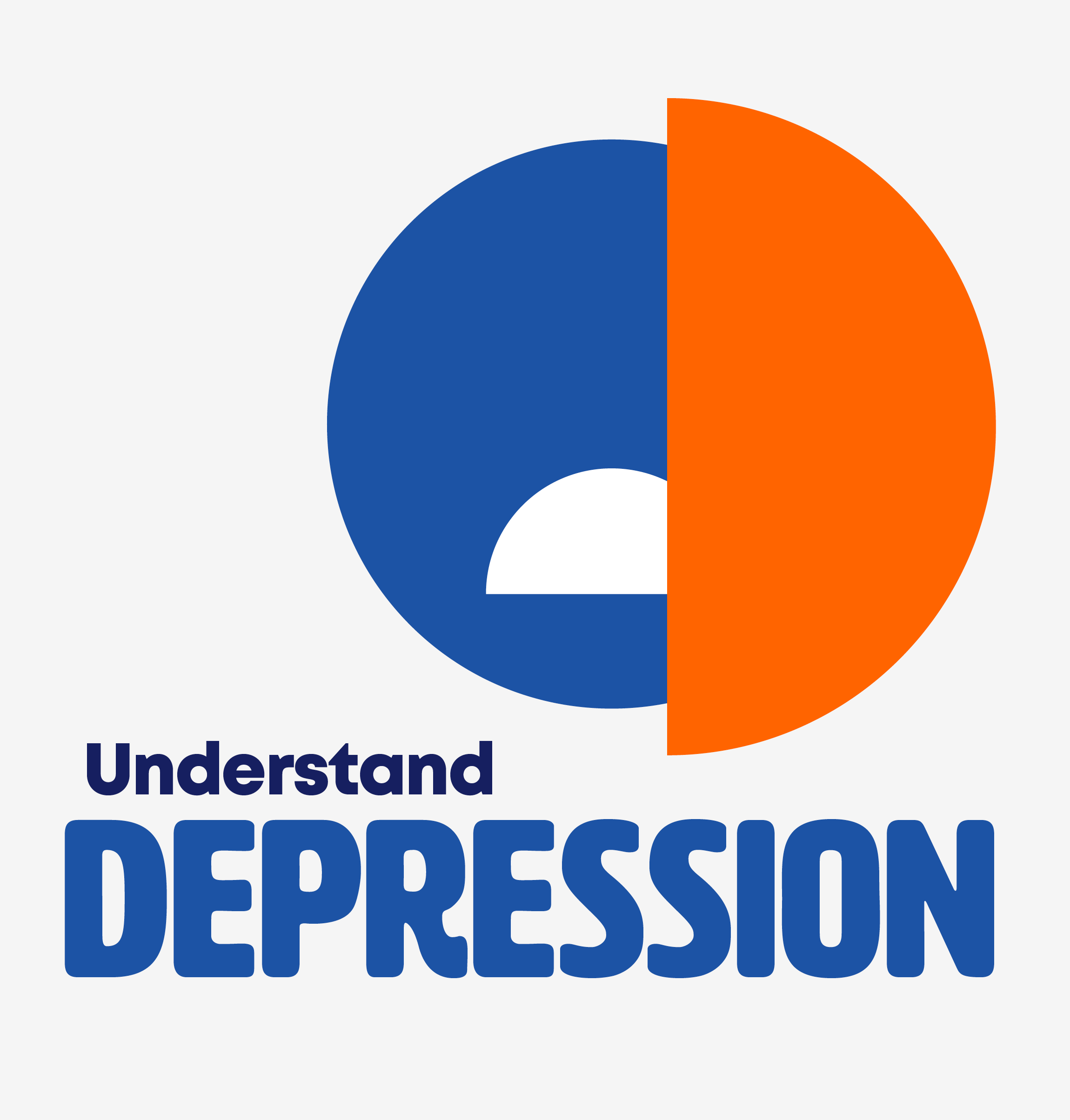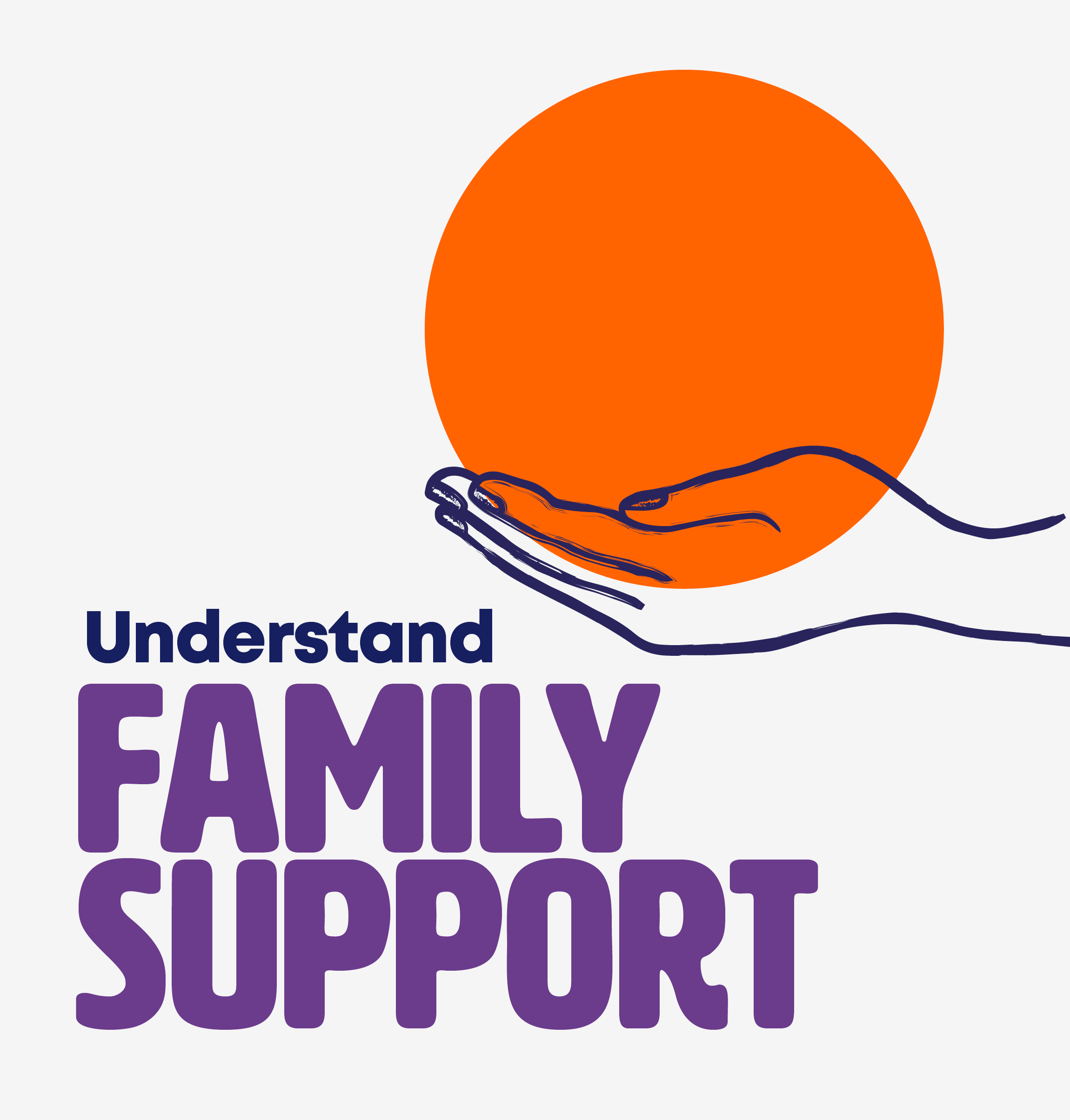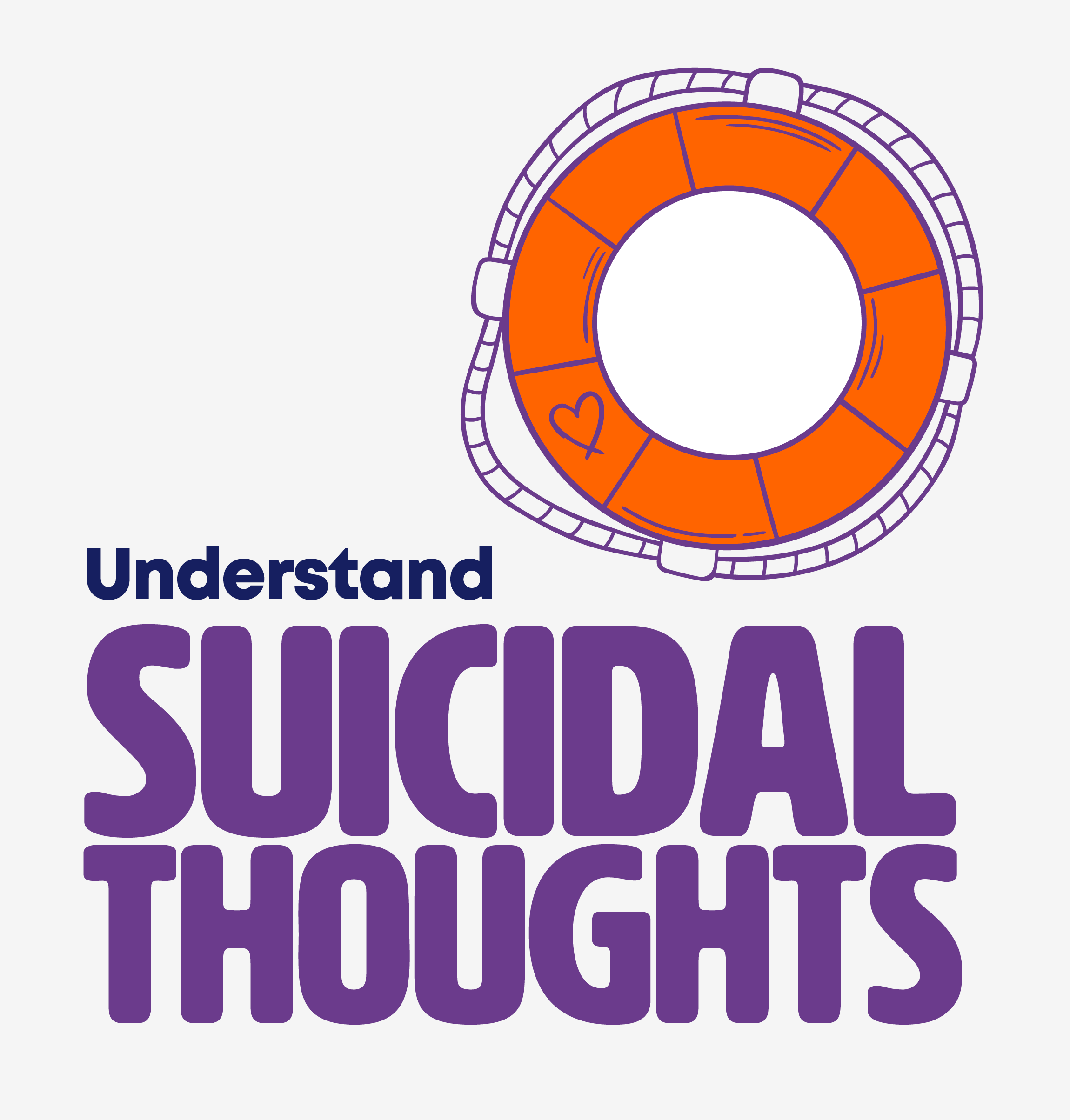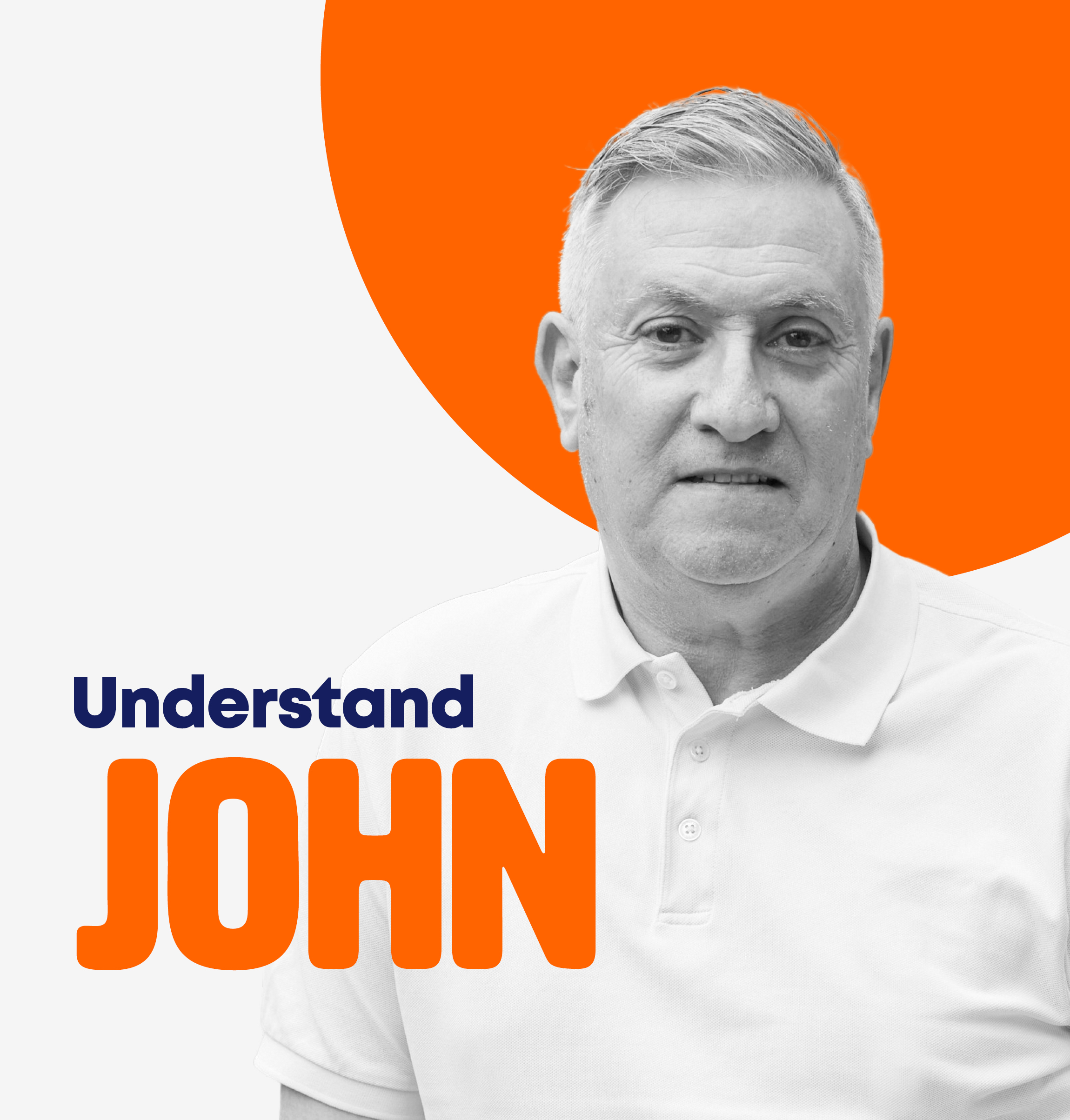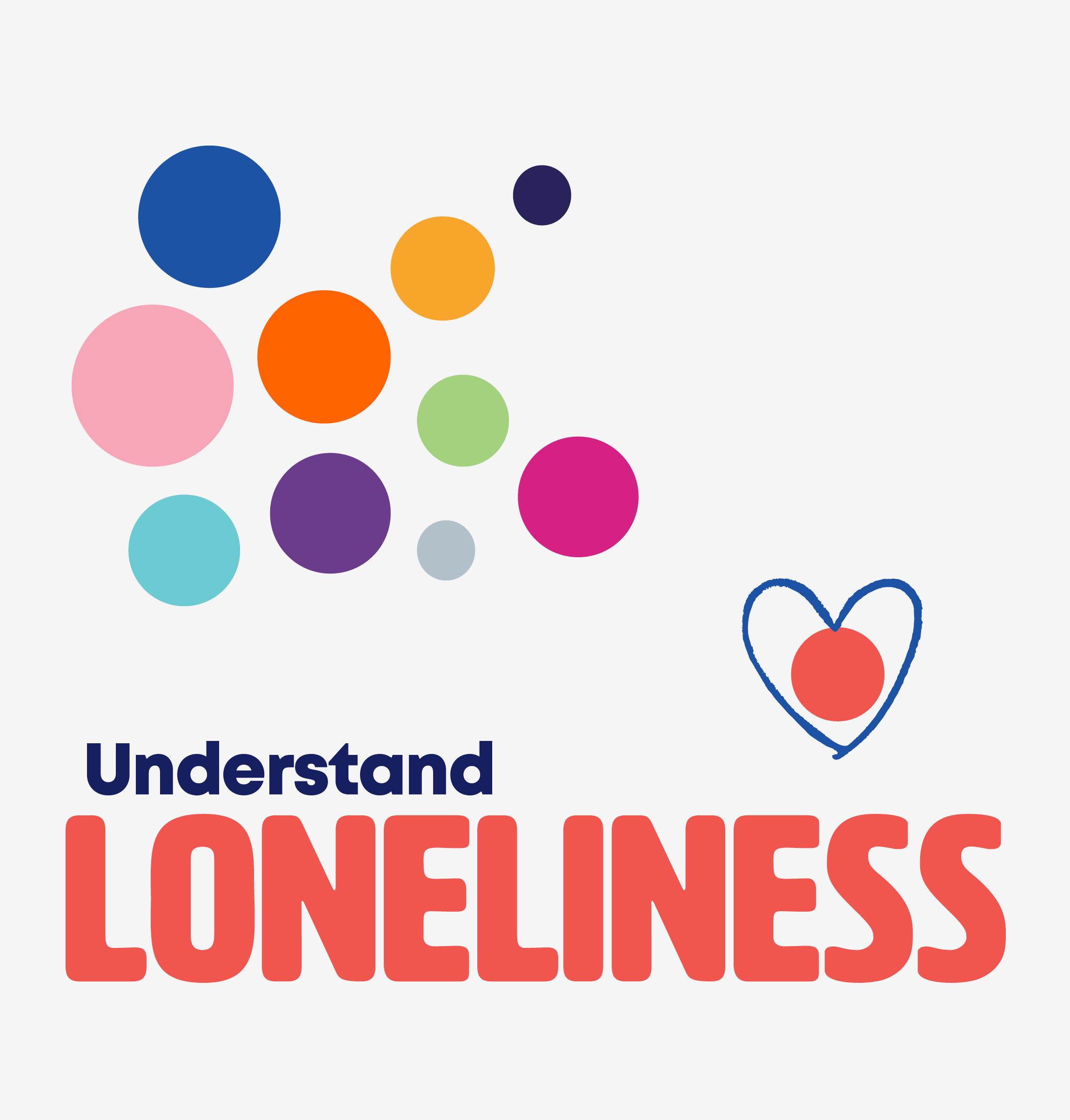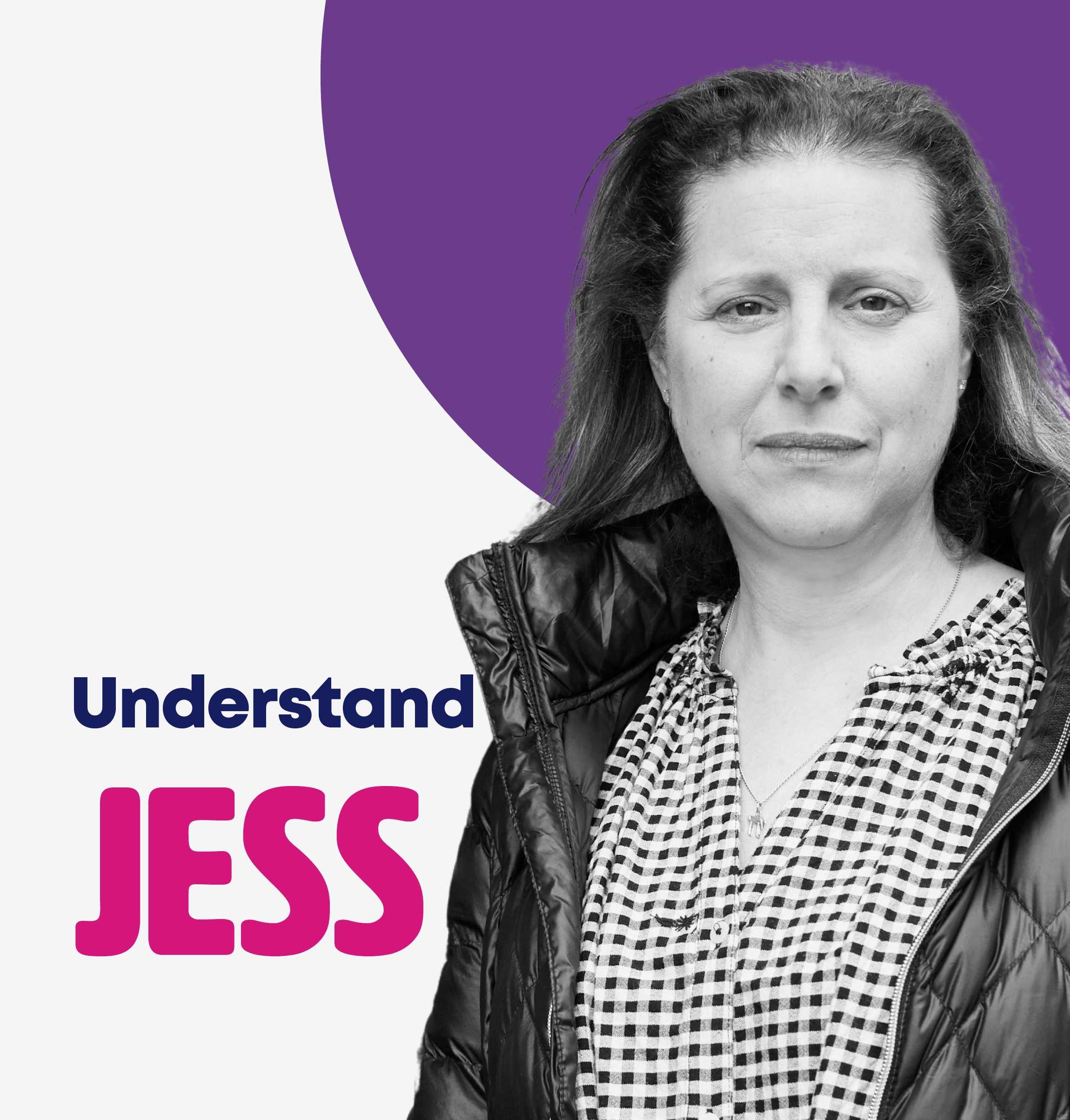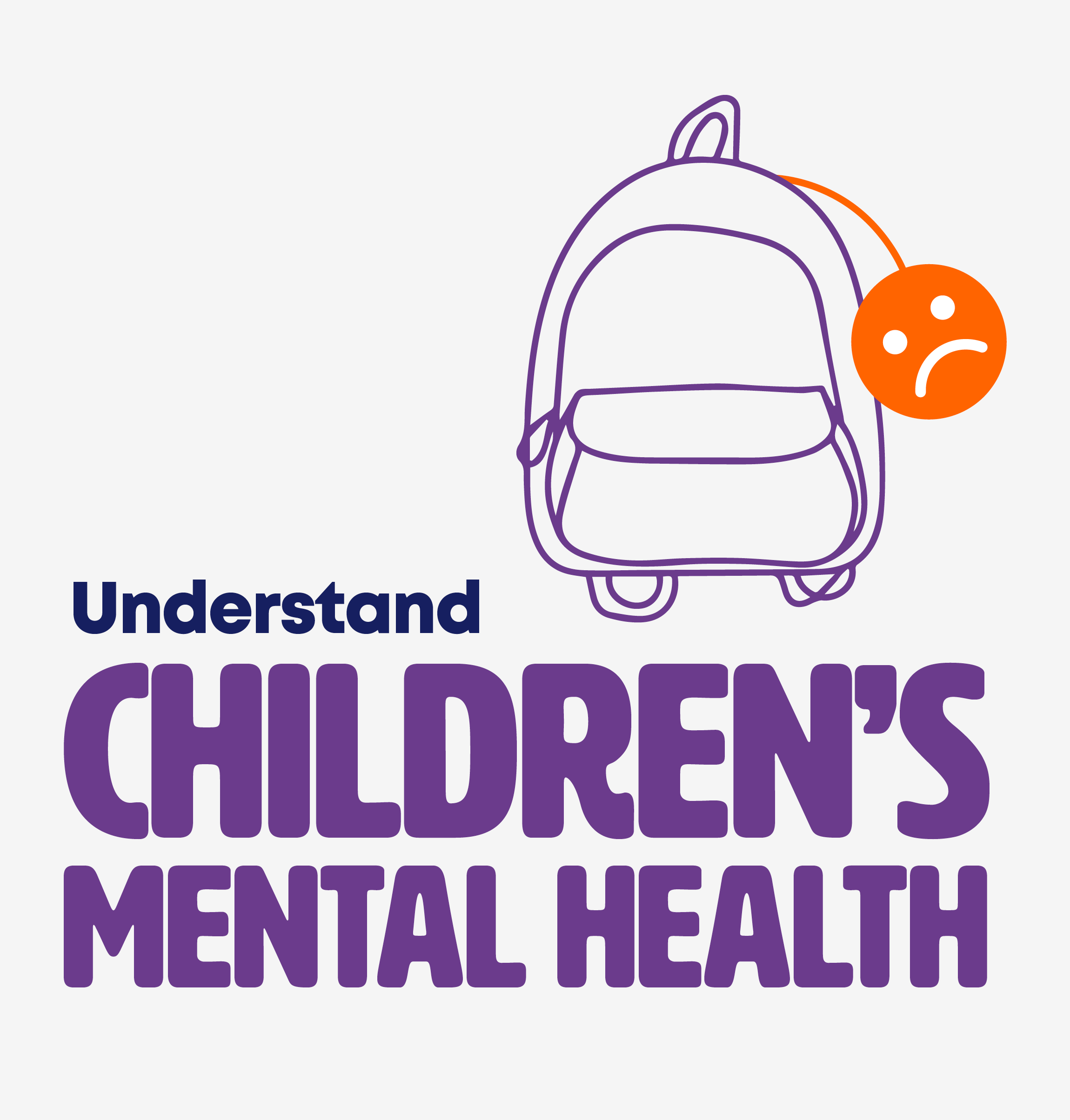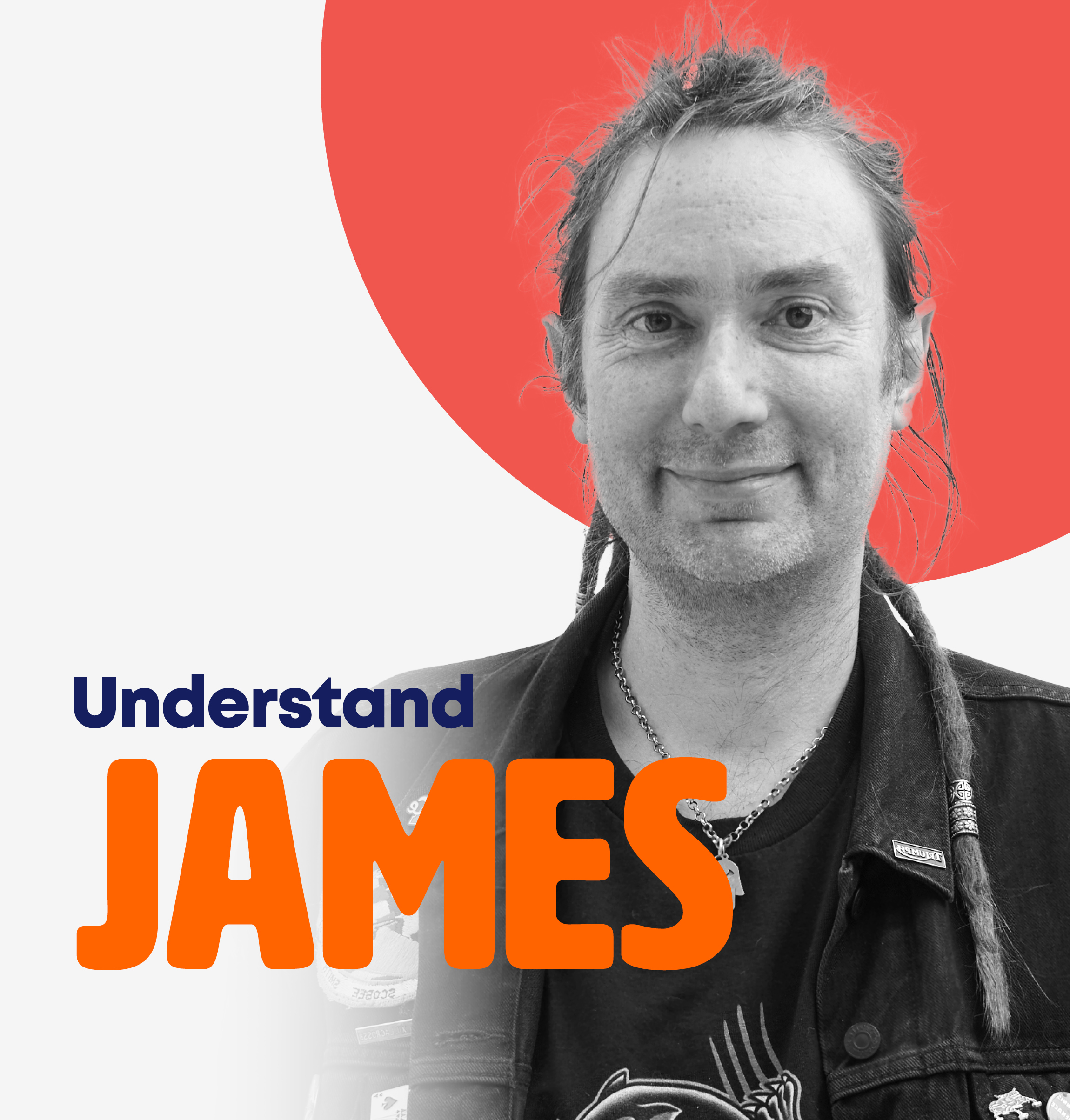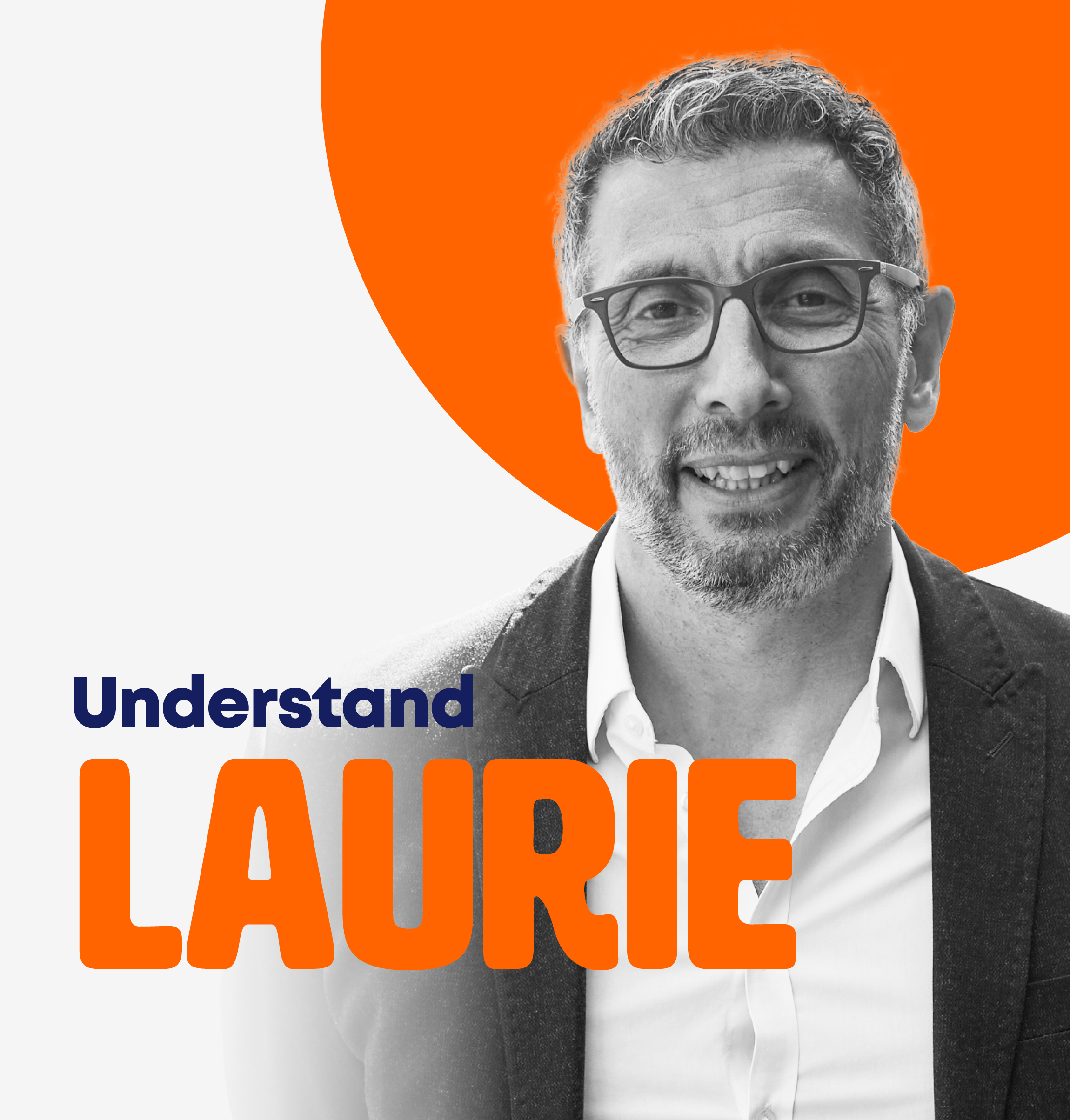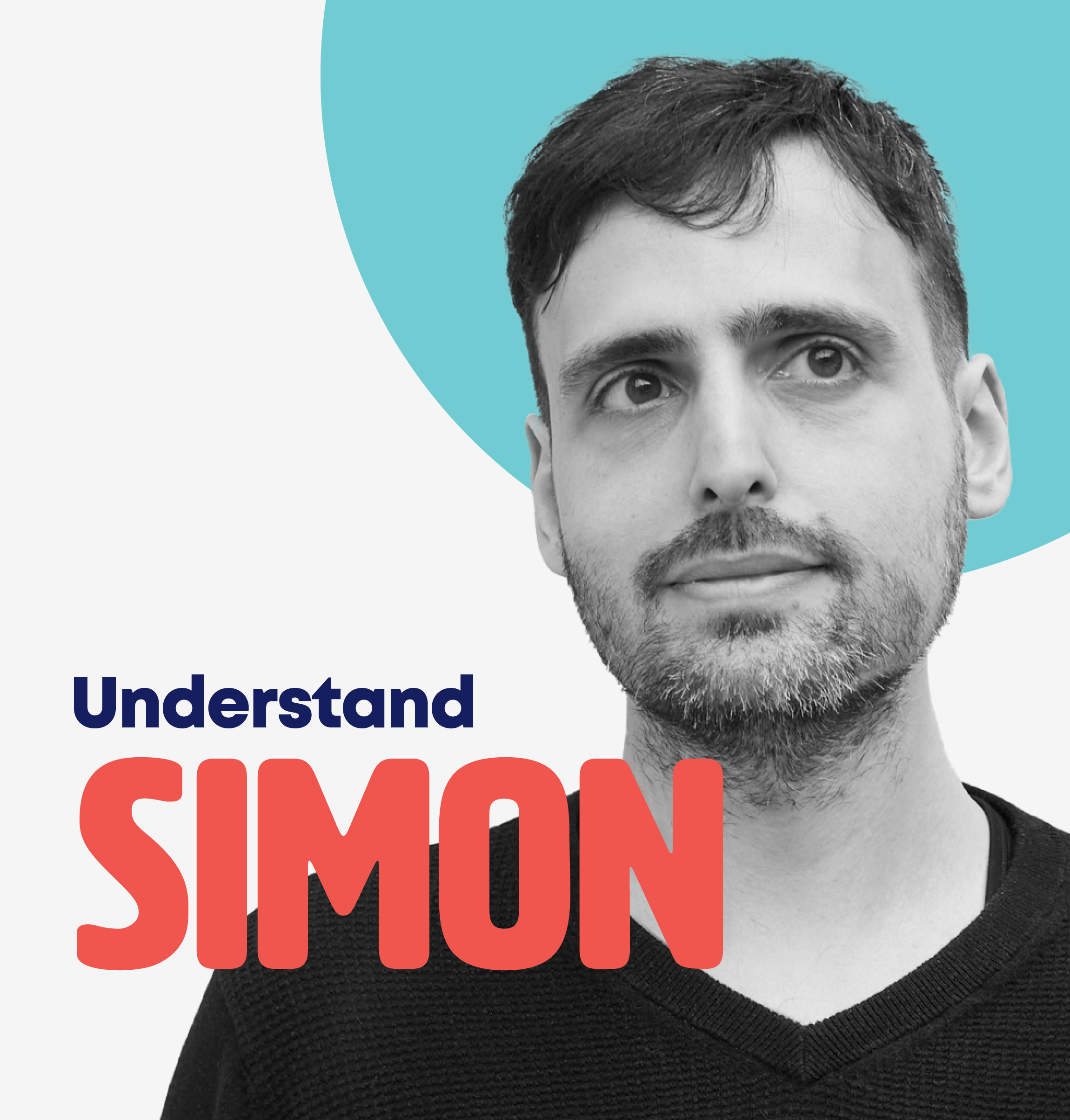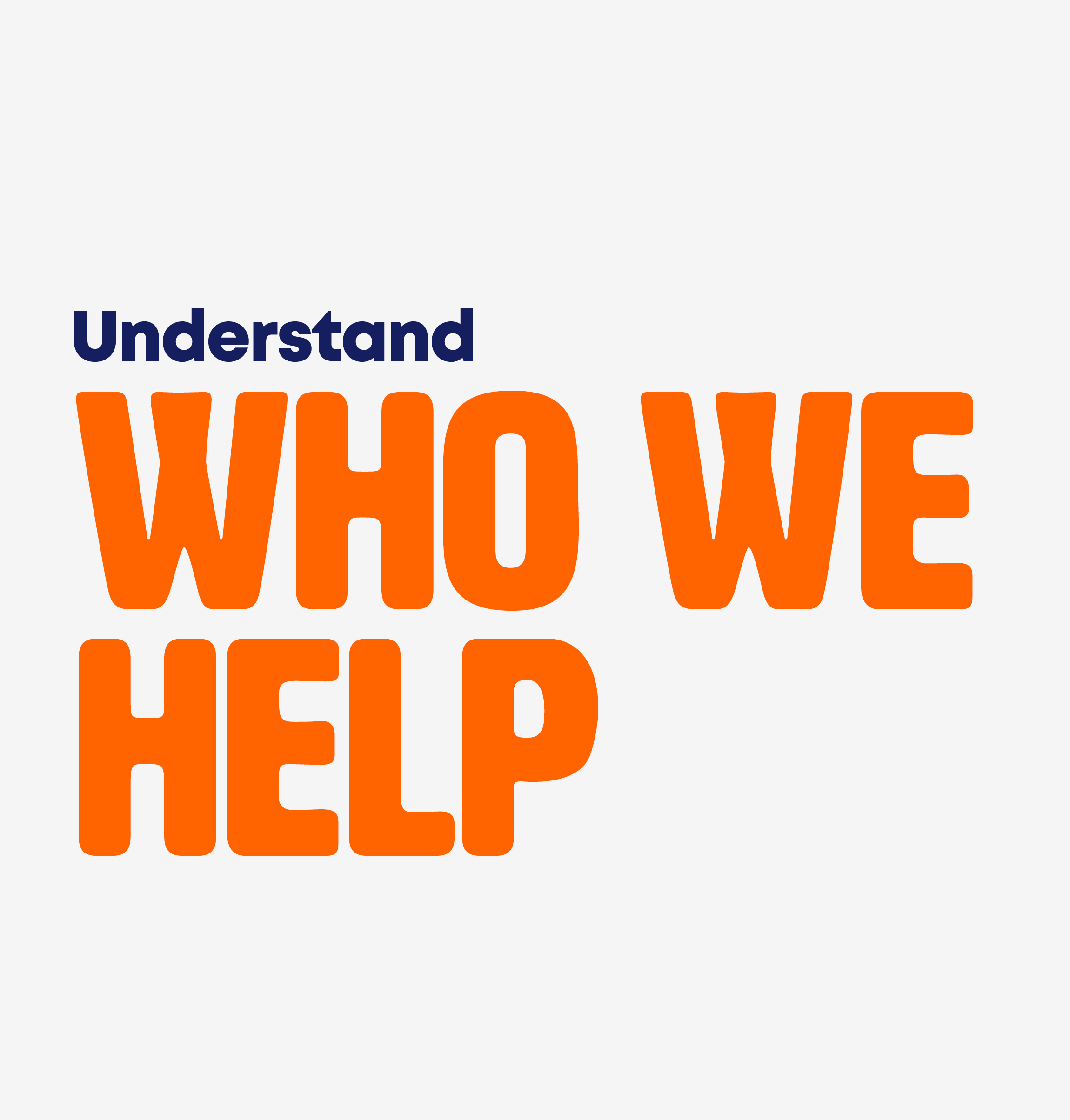
“I help young people to reach their goals and have the chance to lead the lives they want”.
Maneesha has worked at Jami for almost 14 years, initially as an occupational therapist and currently as Jami’s Head of Children and Young Persons Services. Today she oversees our newly established Children and Young Person’s (CYP) service for 11–18-years-olds and our Young Adult’s Service for 18–25-year-olds.
When the decision was taken to create the CYP service in March 2022, Maneesha knew that time was of the essence. “We knew there was a great need for it. There was nothing that existed for this age group and the community was asking for something. CAMHS [the NHS Child and Adolescent Mental Health Service] has such a long waiting list because there’s a growing number of young people affected by mental health issues.”
Rising mental health issues
She continues: “I think we have seen an increase because of the effects of the pandemic and lockdown, but also because of the impact of social media and general changes in our culture and society. There is a lot of teen pressure. For those young people who were already susceptible to anxiety and depression, the pandemic simply exacerbated their issues because they were stuck at home.” However, the real problems came following the lifting of restrictions. As Maneesha explains: “For the 18-25-year age group, their struggles became more apparent when they had to re-engage with society and were once again having to mix with other people, conform to rules at university and take exams. We also found that many young people in years 7 and 8 (11–13-year-olds), especially, had lost their social skills and were finding it difficult to interact with other young people and adults. They struggled with returning to routine and structure in their lives and with having to wear uniform again, eat at set times and just sit still in lessons.”
In addition to these more recent problems, Maneesha and her team see a lot of anxiety and depression among young people, struggles to create and maintain friendships, low self-esteem and confidence levels, and low moods causing various levels of functioning. She adds: “We are also seeing a lot of young people with body image issues and quite a few with disordered eating which, while not an eating disorder, does include unconscious limiting of food, and not eating at certain times or regularly enough.”
Providing one-to-one support
While this may make for tough reading, Jami’s Young Adult and CYP services are having a positive impact. Maneesha says: “A young woman we saw through our Young Adult Service was struggling to sit her A levels and wanted to become a nurse. Together, we looked at different ways for her to achieve this goal and now she’s finishing her first year of a nursing degree. We just want to give young people the skills to function, a safe space to talk and practical support to change the here and now.”
As for Jami’s CYP service, Maneesha says she’s already receiving positive feedback from JCoSS students, who currently make up half of the young people receiving support. Others are children of people using Jami’s Carer and Family Support service. Maneesha explains: “We predominantly provide one-to-one support based at our hubs, in the community or within schools and colleges. These one-to-one sessions are very client-centred. We discuss and agree on goals to work on, for example, coping strategies to manage anxiety and depression, routines, healthy eating and improving self-esteem.”
Developing Jami’s CYP service
For young people using Jami’s CYP service, Maneesha and her team also frequently communicate with their parents about the support they are providing and hold regular meetings with the child’s school. “Early intervention and preventative care are both very important,” she says. “If support is offered at an early age, this might mean that chronic support won’t be needed when that young person reaches adulthood.” It’s why the CYP team also links schools to Jami’s Education team, who are able to train teaching staff to improve their understanding and tackling of mental health issues amongst young people.
“I would like Jami to be able to support every young person who needs our services and to be able to grow the team to ensure that we have the resources to do this,” says Maneesha. Providing the need is there, I would also like to be able to develop groups and workshops for young people to support their mental health.”
For a woman who says she became an occupational therapist because she was drawn to working with young people, and wanted to enable change to prevent their mental health from deteriorating, Maneesha is clearly making a lot of headway. “I want to help young people to reach their goals and to give them the chance to lead the lives they want,” she stresses. “It’s just so great to see when they come out the other end.”
